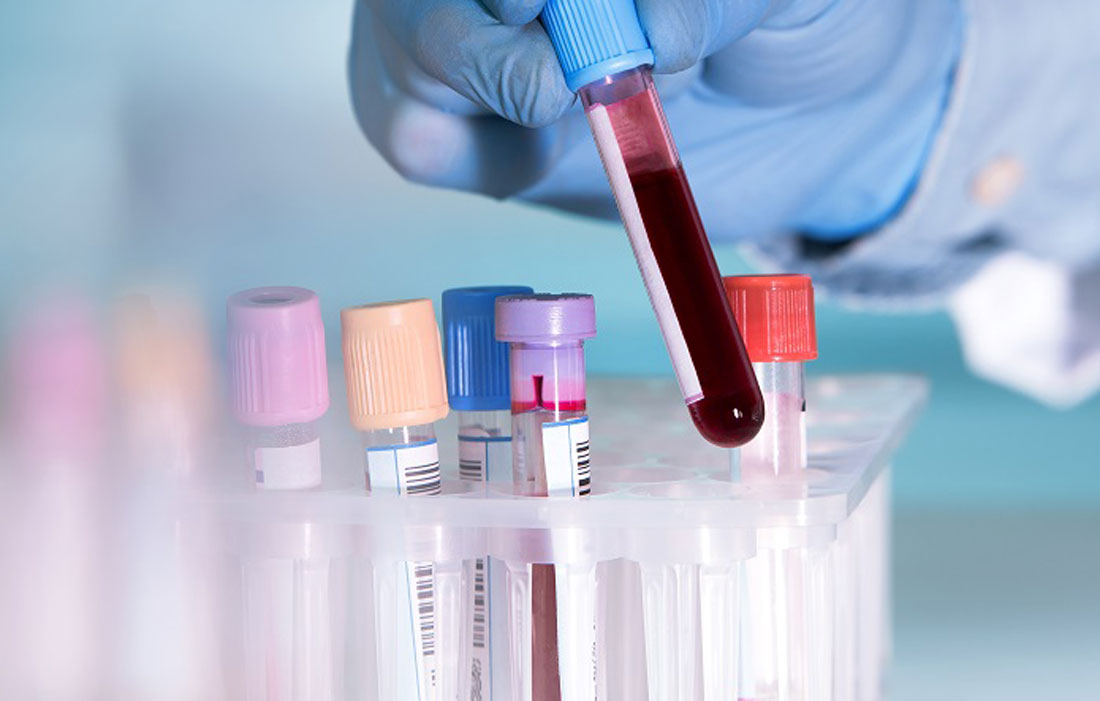US-based Eli Lilly and Canada-based AbCellera have dosed the first patients in a clinical trial of a potential antibody candidate to treat COVID-19, the infection caused by the novel coronavirus.
The two companies introduced their antibody candidate, called LY-CoV555, into a clinic within two months of their collaboration to tackle the global pandemic.
Patients were dosed with LY-CoV555, a neutralizing IgG1 monoclonal antibody (mAb) that is directed against the spike protein of the virus.
The antibody candidate is designed to block viral attachment and prevent it from entering the human cells, eventually neutralizing the virus and potentially preventing and treating COVID-19.
The antibody was derived from the blood of a patient who recovered from the infection. Eli Lilly said LY-CoV555 is the first potential new treatment specifically designed to attack the virus.
Eli Lilly and AbCellera administered LY-CoV555 in patients at major medical centers in the United States, including NYU Grossman School of Medicine and Cedars-Sinai in Los Angeles.
Chief Scientific Officer of Eli Lilly Daniel Skovronsky praised the collaboration with AbCellera that brought this experimental therapy into human trials within a shorter period.
“We are privileged to help usher in this new era of drug development with the first potential new medicine specifically designed to attack the virus,” said Skovronsky, who is also the president of Lilly Research Laboratories.
“Antibody therapies such as LY-CoV555 may have potential for both prevention and treatment of COVID-19 and may be particularly important for groups hardest hit by the disease such as the elderly and those with compromised immune systems,” he added.
The companies will review the results of the trial later this month. They will plan to initiate border efficacy clinical trials on non-hospitalized COVID-19 patients. Also, they are planning to start manufacturing LY-CoV555 in large quantities to meet potential demand. Skovronsky went on to say, “If LY-CoV555 becomes part of the near-term solution for COVID-19, we want to be ready to deliver it to patients as quickly as possible, with the goal of having several hundred thousand doses available by the end of the year.”























